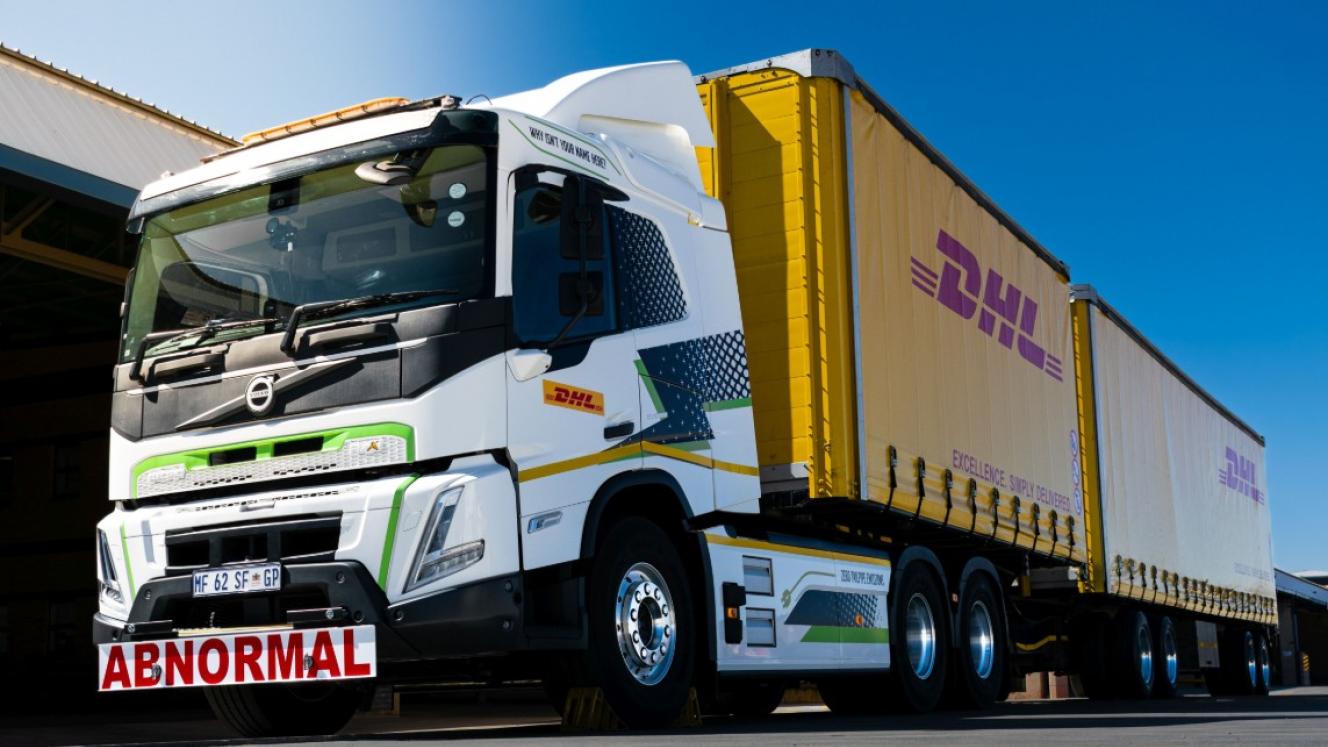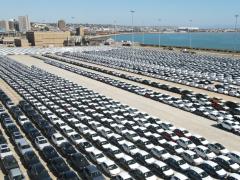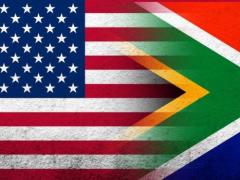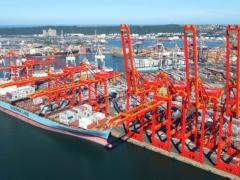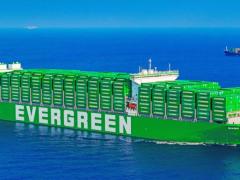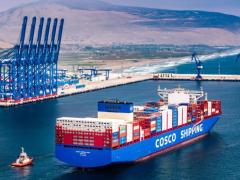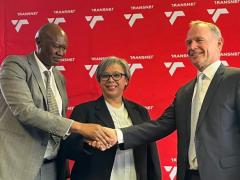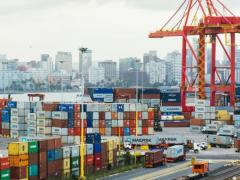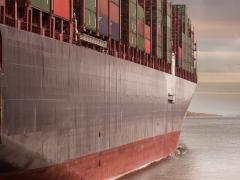An electric vehicle (EV) pilot in collaboration with Unilever and Volvo Trucks in South Africa has been launched by DHL Supply Chain.
The pilot project marks a new milestone in advancing sustainable logistics in Africa.
The initiative involves deploying Africa’s first combination of a fully electric Volvo FMX 6X4 tractor with a curtain-sided 18-metre superlink double trailer to support Unilever’s supply chain operations.
The primary aim is to evaluate the performance, sustainability benefits and economic viability of EVs compared with traditional diesel-powered vehicles, particularly within Africa’s developing EV infrastructure environment.
The pilot underscored the company’s commitment to sustainable logistics and transport solutions, despite the infrastructure challenges in Africa, said DHL Supply Chain Africa managing director, Bremer Pauw.
“While limitations remain in scaling EV solutions, strategic partnerships like this enable us to test and capitalise on the technologies available today, proving that low-carbon logistics can be possible, even in emerging markets,” he said.
Volvo Trucks South Africa’s Euro 5 trucks are already helping customers reduce their environmental footprint, and now the electric tractor brings advanced emission-reduced technologies to the market.
“As part of our sustainability commitment, we’ve proactively introduced cleaner transport solutions, including assembling Euro 5 trucks locally ahead of regulation,” said Eric Parry, senior manager of Sustainable Solutions at Volvo Trucks South Africa.
“This pilot reflects our belief that collaboration is key to accelerating Africa’s transition to sustainable freight transport.”
The electric tractor used with the superlink will operate along standard logistics routes and be charged using infrastructure supplied by Aeversa at existing Unilever facilities for the duration of the pilot.
Data from the trial will be benchmarked against the logistics operator’s existing Euro 5 diesel fleet, which already has lower greenhouse gas emissions and fuel consumption compared with the current vehicle emission standards in South Africa, which are broadly equivalent to Euro 2 standards.
“Unilever is committed to achieving net-zero emissions across our operations by 2039. Collaborations such as this pilot … are crucial steps toward reaching our sustainability objectives, enabling us to test and implement innovative transportation solutions that foster a greener supply chain,” said Simphiwe Dlamini, National Transport Manager, Unilever South Africa.
